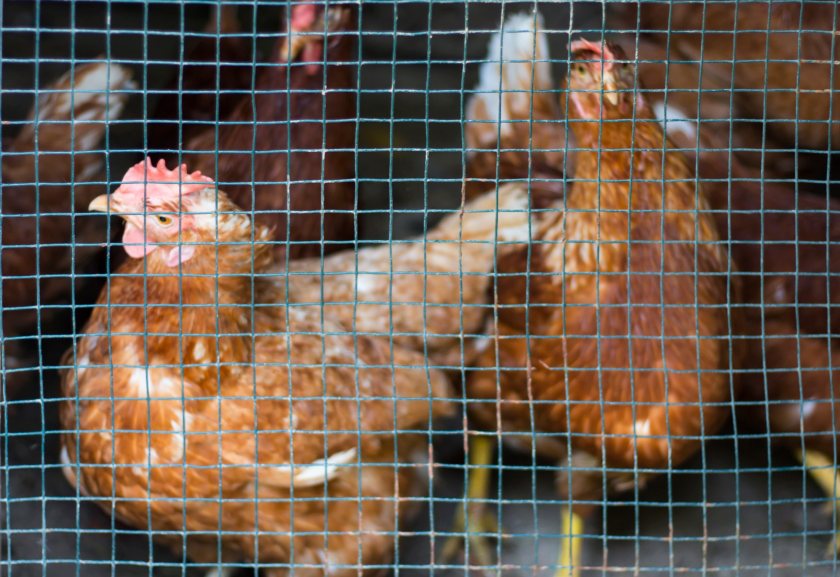
Farmers have been told to continue to maintain rigorous biosecurity measures and to remain vigilant for the signs of bird flu as the housing order is lifted.
Defra and the devolved governments announced last week that the mandatory housing order would end today, on Tuesday 18 April.
The strict measure was introduced in November 2022 as one of a range of measures to stop the spread of avian influenza.
While the housing order has now ended, the Avian Influenza Prevention Zone (AIPZ), which covers England and Wales, remains in force.
It means that all bird keepers must continue to meet the enhanced biosecurity measures set out in the declaration.
The scale of outbreaks across the UK and Europe have been unprecedented, with over 330 cases confirmed across the country since late October 2021.
Poultry farms have been hit particularly hard, with approximately four million farm birds culled.
Just last week, two cases of highly pathogenic bird flu were confirmed in East Yorkshire and Powys.
Dr Christine Middlemiss, the UK’s chief veterinary officer, said 'scrupulous biosecurity' remained the most critical form of defence to help keep birds safe.
She said: “It is thanks to the hard work of all bird keepers and vets who have played their part in keeping flocks safe this winter that we are in a position to take this action.
"However, the unprecedented nature of this outbreak has proven it’s more important than ever for bird keepers to remain vigilant for signs of disease and maintain stringent standards of biosecurity.”
Chief Veterinary Officer for Wales, Richard Irvine added: "Whether keepers have a few birds or a thousand, it is vital the very highest standards of biosecurity are maintained.
“Vigilance is also key, and it’s important any signs or suspicion of avian influenza is reported immediately."
He added: “I want to thank bird keepers across Wales for their continued efforts to keep their flocks safe.”
From today, eggs laid by hens with access to outside range areas can return to being marketed as free range eggs.
The British Free Range Egg Producers Association (BFREPA) said that free range egg producers would be 'relieved' to see their hens ranging outside again.
“It is vital that all poultry keepers – regardless of poultry numbers – continue to treat the situation as high risk," BFREPA CEO Robert Gooch said.
“This message is particularly important to small flock and backyard keepers who may not be aware that practising good biosecurity principles can help protect nearby farms.
“BFREPA will continue to work with the government and other industry stakeholders to explore options which may reduce the threat of avian influenza to commercial poultry.”
What can I do to strengthen biosecurity?
The AIPZ requires keepers of poultry and other captive birds to take appropriate and practicable steps to prevent avian influenza, including:
• Keeping kept birds off land that is known to be, or at high risk of being, frequented by wild waterfowl, or contaminated by their droppings or feathers.
• Ensure the areas where birds are kept are unattractive to wild birds, especially waterfowl, for example, by netting ponds and surrounding areas and by removing wild bird food sources;
• Feed and water birds in enclosed areas to discourage wild birds;
• Minimise movement of people in and out of bird enclosures;
• Clean and disinfect footwear, use foot dips before entering poultry enclosures, and keep areas where birds live clean and tidy;
• Ensure all bedding, equipment, clothing and anything else that enters the areas where birds are kept are free of direct or indirect contamination with HPAI, which is mainly spread through bird droppings.
• Keep domestic ducks and geese separate from other poultry.
• All of these steps are important in protecting birds. Alongside these, completing the mandatory biosecurity self-assessment can further help keepers identify the measures needed to be taken to ensure the safety of their flock.
Findings of dead wild birds should continue to be reported to the Defra helpline on 03459 33 55 77 and keepers should continue to promptly report suspicion of disease in their birds to APHA on 0300 303 8268.
